College of Science, Engineering & Technology
Megaboost for brain circulation
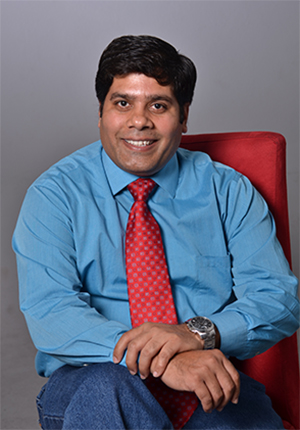
Prof Ajay Kumar Mishra
Prof Ajay Kumar Mishra of Unisa’s Nanotechnology and Water Sustainability Research (NanoWS) research unit has received R900 000 funding under the SA (NRF)/Russia (RFBR) Joint Science and Technology Research Collaboration 2019.
This is a bilateral project for three years between the two countries, supported by the National Research Foundation (NRF) of South Africa and the Russian Foundation of Basic Research (RFBR). It deals with the development of a new type of fuel cell using renewable fuel (alcohols, mainly ethanol) and working without a separation membrane.
Mishra says this joint international project gives a new dimension to the field of fuel cell innovation with and without membrane technology. The grant provides an international platform for improving the research quality and skill development of the young researchers involved in the project. He is looking forward to collaborating with Prof Klara Tarantseva from the Office of International Relations at Penza State Technological University (PSTU) in Russia on the project.
"I personally wish to thank Prof Michael Yakhkind from PSTU, the facilitator/coordinator and also co-principal investigator of the joint project, for propelling the efforts forward, and Unisa management for their constant support," Mishra said.
Prof Bhekie Mamba, Executive Dean of the College of Science, Engineering and Technology (CSET), congratulated Mishra. "Well done! Your efforts are being rewarded."
Foster scientific and technological cooperation
The grant is courtesy of the memorandum of understanding signed between the NRF and the RFBR. The principle objective of the cooperation between the parties is to foster scientific and technological cooperation by facilitating brain circulation between the two countries.
The parties intend to support research and development activities and other forms of scientific and technical cooperation between South African and Russian universities and research institutions. The cooperative programmes, projects, and research and development activities will be aimed at the implementation of joint research projects, human capital development, and student and staff exchanges.
Aims of the programme
This programme aims to
- contribute to scientific advancement in both countries through the funding of joint research activities in specified research fields.
- provide an opportunity for researchers to cooperate in an international setting and to develop their scientific careers, especially for early-stage, mid-career and female researchers.
- support the advancement of basic research.
- contribute meaningfully to research capacity development.
Areas of cooperation
The following designated broad thematic areas are prioritised by both funding agencies:
- Astronomy research and space technologies
- High performance computing and information and information technologies
- Renewable energy
- Agriculture
- Humanities and social sciences
* Compiled by Sharon Farrell, Editor: Internal Communication, Department of Institutional Advancement
Publish date: 2019-05-03 00:00:00.0


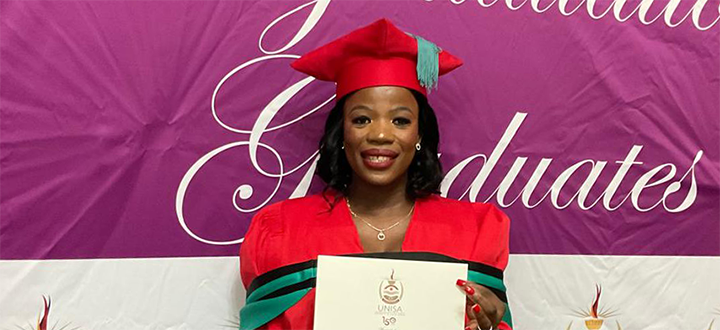 Wielding her Unisa PhD, Botswana educator champions early childhood development
Wielding her Unisa PhD, Botswana educator champions early childhood development
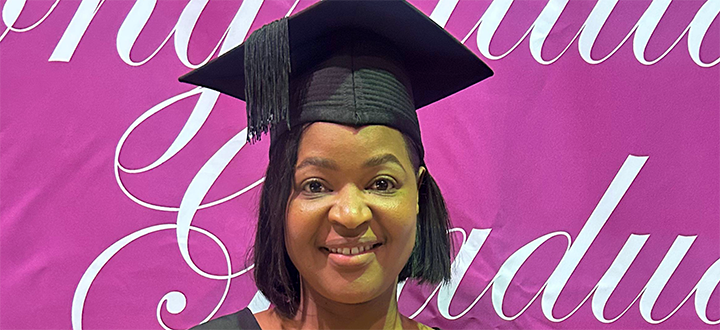 Proud Unisa alumna bridges distance and fuels career growth
Proud Unisa alumna bridges distance and fuels career growth
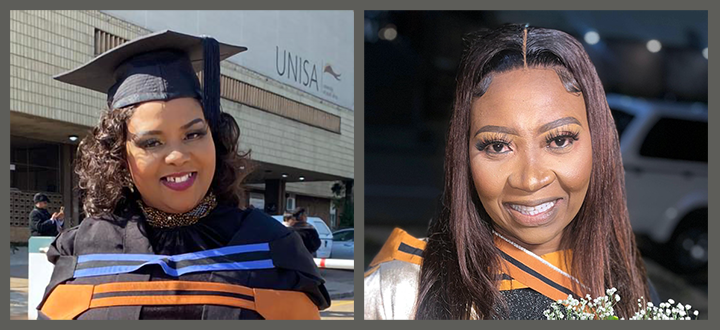 SAPS women in blue graduate at Unisa
SAPS women in blue graduate at Unisa
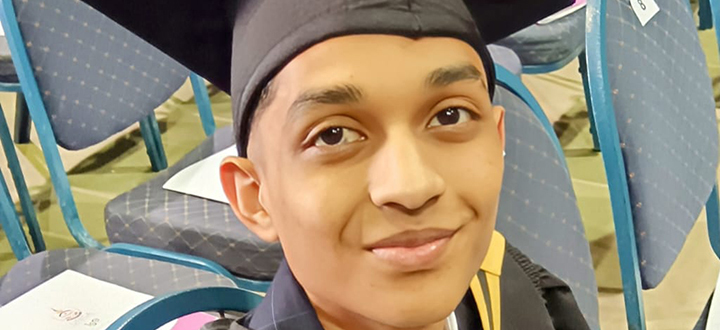 Degrees of determination: Stories of grit, growth, and graduation
Degrees of determination: Stories of grit, growth, and graduation
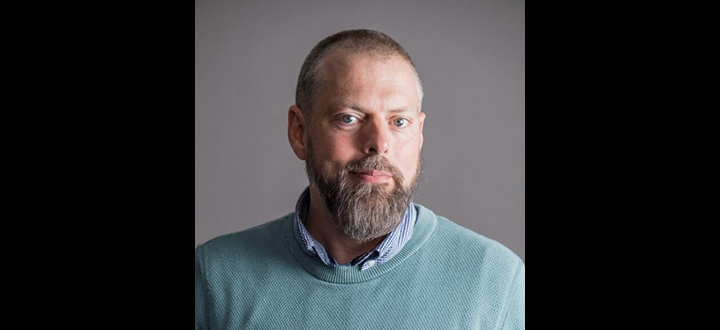 Unisan awarded prestigious British Academy Equitable Partnerships funding
Unisan awarded prestigious British Academy Equitable Partnerships funding